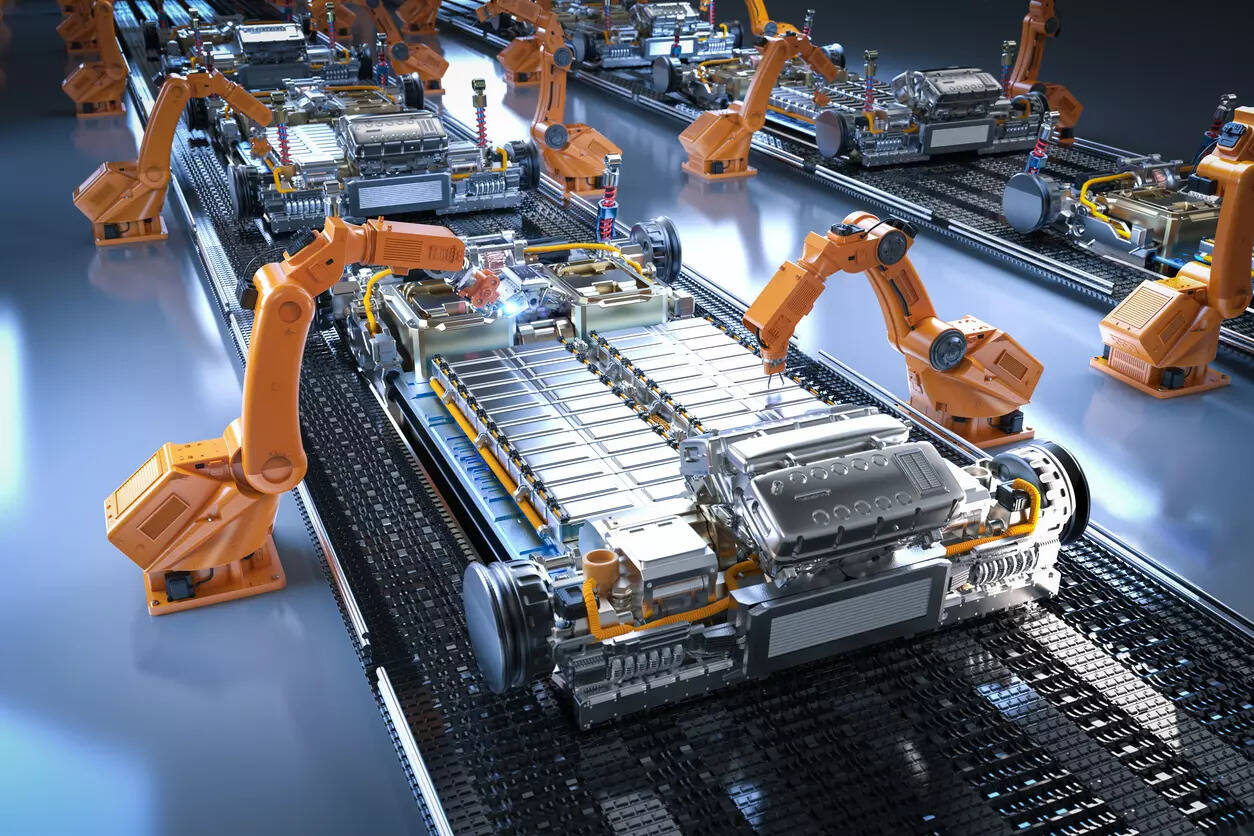
New Delhi: India’s vision of becoming ‘Atmanirbhar’ is making substantial progress through the Production Linked Incentive (PLI) Schemes, which have attracted an investment of INR 1.23 lakh crore across 14 key sectors by March 2024.
These schemes are aimed at enhancing India’s manufacturing capabilities and exports, with a total outlay of INR1.97 lakh crore, equivalent to over USD26 billion. As of now, 755 applications have been approved under these schemes generating employment for approximately 8 lakh individuals.
The PLI Schemes span across sectors including Mobile Manufacturing and Specified Electronic Components, Critical Key Starting Materials/Drug Intermediaries & Active Pharmaceutical Ingredients, Manufacturing of Medical Devices, Automobiles and Auto Components, Pharmaceutical Drugs, Specialty Steel, Telecom & Networking Products, Electronic/Technology Products, White Goods like ACs and LEDs, Food Products, Textile Products in the MMF segment and technical textiles, High efficiency solar PV modules, Advanced Chemistry Cell (ACC) Battery, and Drones and Drone Components.
These initiatives are designed to attract investments in key sectors and embrace cutting-edge technology. They aim to ensure efficiency, bring economies of size and scale to the manufacturing sector, and make Indian companies globally competitive. The approved projects are expected to significantly boost production, enhance manufacturing activities, and contribute to economic growth over the next five years.
“The criteria employed in the selection of beneficiaries under PLI Schemes includes but not limited to willingness to make required investment, production of approved product categories under respective schemes, eligible net worth, domestic value addition, etc. as mentioned in Scheme Guidelines issued by the implementing Ministries/ Departments,” the Union Minister of State for Commerce and Industry, Jitin Prasada, said.
The PLI Scheme for Automobile and Auto Components (PLI-Auto) and the PLI Scheme on the National Programme on Advanced Chemistry Cell (PLI-ACC) Battery storage are being implemented by the Ministry of Heavy Industries. Under both the schemes, expenditure incurred by the beneficiary firms on Research and Development is considered an eligible investment to help them adopt the latest technology in implementing their projects.

